The views expressed in our content reflect individual perspectives and do not represent the authoritative views of the Baha'i Faith.
My friend is a materialist—that is to say, he accepts as reality only that which can be perceived by the senses. Are you a materialist, too?
If so, along with my friend you may be a follower of the Dutch philosopher Baruch Spinoza (1632 – 1677). He convinced much of the Western world that God and nature are the same. Spinoza wrote “God is no longer the transcendent creator of the universe but Nature itself … because we can reasonably prove the existence of Nature but not of God.“
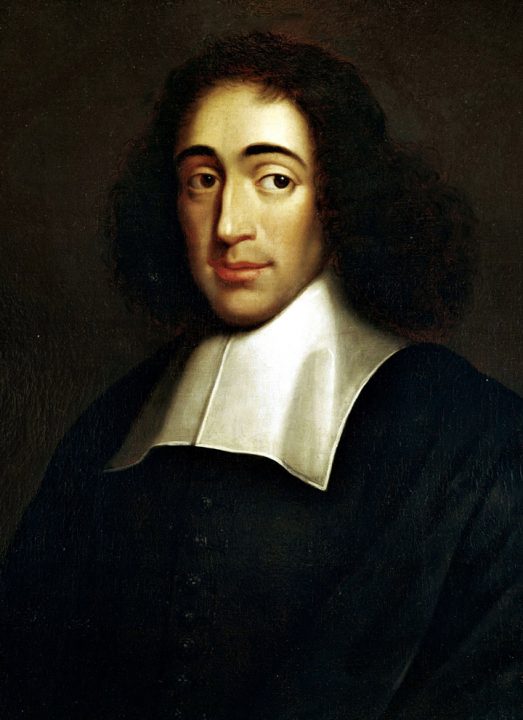
Calling upon humans to live by the guidance of reason, Spinoza advocated finding happiness through a rational understanding of a natural system and our place within it.
RELATED: Plato, Socrates, Modern Physics and Baha’u’llah
Growing up in Odessa Texas, I used to love to stargaze during the summer months. In those days, the small city of 80,000 had dry, unpolluted air, such that the brilliance of the celestial spheres greatly affected me. The fixed billion or more stars of the Milky Way, the occasional flashes of comets, and the zigzagging of nearer stellar objects inspired me to reflect how such wonders could exist spontaneously without an intelligent Creator.
Decades later, the Hubble spacecraft would estimate the observable universe at two trillion galaxies. My own vision, like everyone’s, does not have the capacity to recognize this reality.
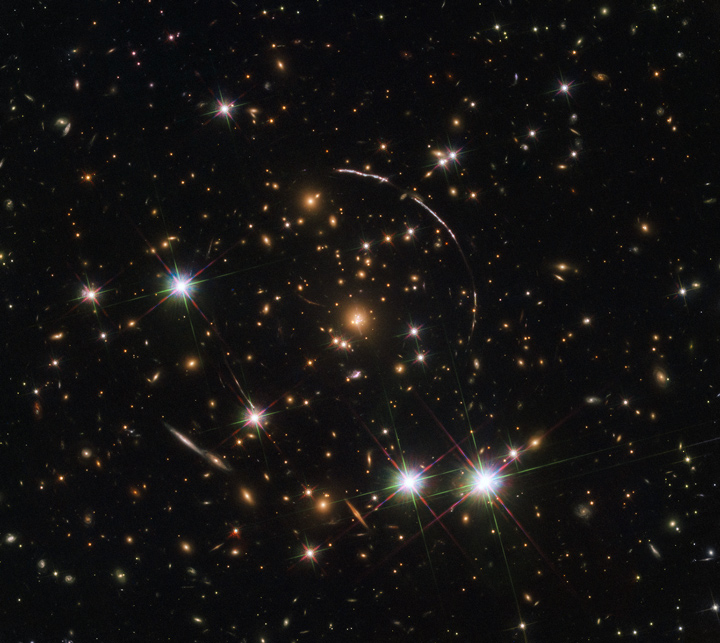
I saw something endless and timeless in the heavens—and a non-random order that struck me with awe. I also recognized something important about myself: that even the physical, material universe far, far exceeded what I could perceive with my limited senses.
Years later, as a Baha’i, I would discover that Abdu’l-Baha—the son of the Faith’s founder Baha’u’llah, and its head after his passing—had effectively refuted the materialist view of nature and God in the very first chapter of the book Some Answered Questions:
Nature is that condition or reality which outwardly is the source of life and death, or, in other words, of the composition and decomposition, of all things.
This nature is subject to a sound organization, to inviolable laws, to a perfect order, and to a consummate design, from which it never departs. To such an extent is this true that were you to gaze with the eye of insight and discernment, you would observe that all things – from the smallest invisible atom to the largest globes in the world of existence, such as the sun or the other great stars and luminous bodies – are most perfectly organized, be it with regard to their order, their composition, their outward form, or their motion, and that all are subject to one universal law from which they never depart.
When you consider nature itself, however, you see that it has neither awareness nor will. For instance, the nature of fire is to burn; it burns without consciousness or will. The nature of water is to flow; it flows without consciousness or will. The nature of the sun is to shed light; it shines without consciousness or will. The nature of vapor is to rise; it rises without consciousness or will. It is therefore evident that the natural movements of all created things are compelled, and that nothing moves of its own will save animals and in particular, man.
Man is able to resist and oppose nature inasmuch as he discovers the natures of things and, by virtue of this discovery, has mastery over nature itself. Indeed, all the crafts that man has devised proceed from this discovery. For example, he has invented the telegraph, which connects the East and the West. It is therefore evident that man rules over nature.
Now, can such organization, order, and laws as you observe in existence be attributed merely to the effect of nature, notwithstanding that nature itself has neither consciousness nor understanding? It is therefore evident that this nature, which has neither consciousness nor understanding, is in the grasp of the omnipotent Lord, Who is the Ruler of the world of nature and Who causes it to manifest whatsoever He desires.
Some say that human existence is among those things that have appeared in the world of being and that are due to the exigencies of nature. Were this true, man would be the branch and nature the root. But is it possible that there could exist a will, a consciousness, and certain perfections in the branch which are absent in the root?
According to Spinoza and like-minded thinkers, we should live by the guidance of reason. Why then do materialists, reasoning through rational arguments, seldom arrive at a common understanding, diverging in their opinions or changing their conclusions?
In a talk he gave on the philosophy of the materialists in 1912 at New York City’s Ansonia Hotel, Abdu’l-Baha answered this question by saying that the basis for rational understanding is inexact. He mentioned the four accepted criteria for human knowledge: sense perception, reason, tradition and inspiration, but then pointed out that our senses have significant limitations. They aren’t completely reliable, he said, and are often deceived by external movements such as a mirage or shadow. He said that reason is subjected to conflicting opinions, that traditions are based on varying historic interpretations, and that inspiration is only “the influx of the human heart.”
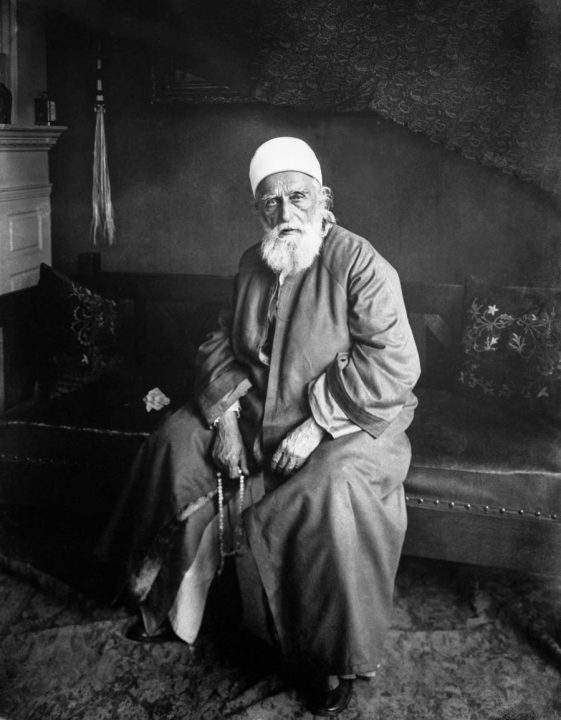
That which is certain, he continued, is vouchsafed by the Holy Spirit.
RELATED: Seeing the Unseen Reality
While the Baha’i Faith does not discount these inexact criteria of the senses, Abdu’l-Baha explained in a talk he gave in Chicago that we human beings need a divine educator to quicken our minds and harmonize divergent thoughts:
The prophets of God are the first educator. They bestow universal education upon man and cause him to rise from lowest levels of savagery to the highest pinnacles of spiritual development. … His Holiness Jesus Christ was an educator of humanity. His teachings were altruistic; His bestowal universal. He taught mankind by the power of the Holy Spirit and not through human agency, for the human power is limited whereas the divine power is illimitable and infinite. The influence and accomplishment of Christ will attest to this. … The purpose of this is to show that the holy Manifestations of God, the divine prophets, are the first teachers of the human race. They are universal educators and the fundamental principles they have laid down are the causes and factors of the advancement of nations.
Guided and quickened by the teachings of these prophets and messengers, and inspired by the energies of the Holy Spirit, we gain true knowledge.
The materialist may deny its existence, but Abdu’l-Baha, in a talk he gave in Paris, explained its power to inspire and educate humans:
An humble man without learning, but filled with the Holy Spirit, is more powerful than the most nobly-born profound scholar without that inspiration. He who is educated by the Divine Spirit can, in his time, lead others to receive the same Spirit.
The Baha’i teachings confirm that the foremost favor vouchsafed by the Almighty is this divine gift of knowledge and understanding.
You May Also Like
Comments



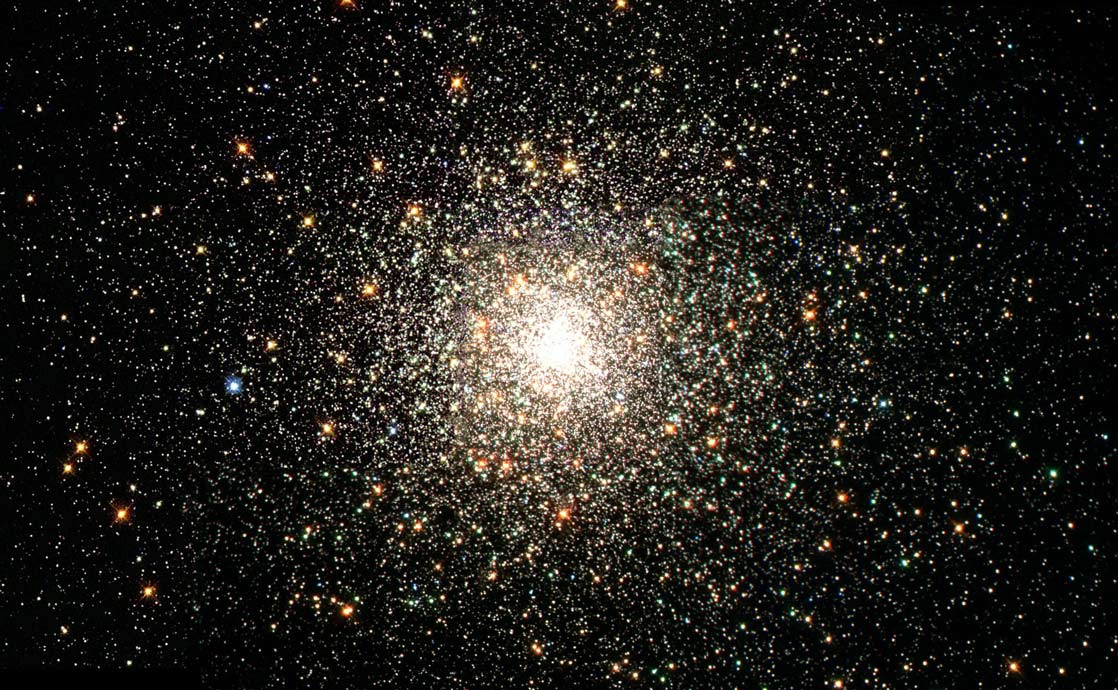
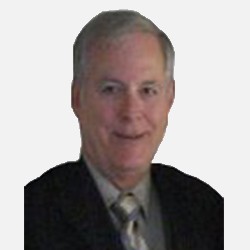


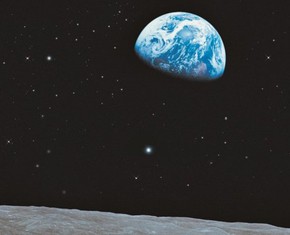









A clear and simple explanation.
As Baha’u’llah wrote, "Verily I say, the world is like the vapor in a desert, which the thirsty dreameth to be water and striveth after it with all his might, until when he cometh unto it, he findeth it to be mere illusion. It may, moreover, be likened unto the lifeless image of the beloved whom the lover hath sought and found, in the end, after long search and to his utmost regret, to be such as cannot "fatten nor appease ...his hunger."
Bahá’u’lláh, Gleanings from the Writings of Bahá’u’lláh, p. 328-329